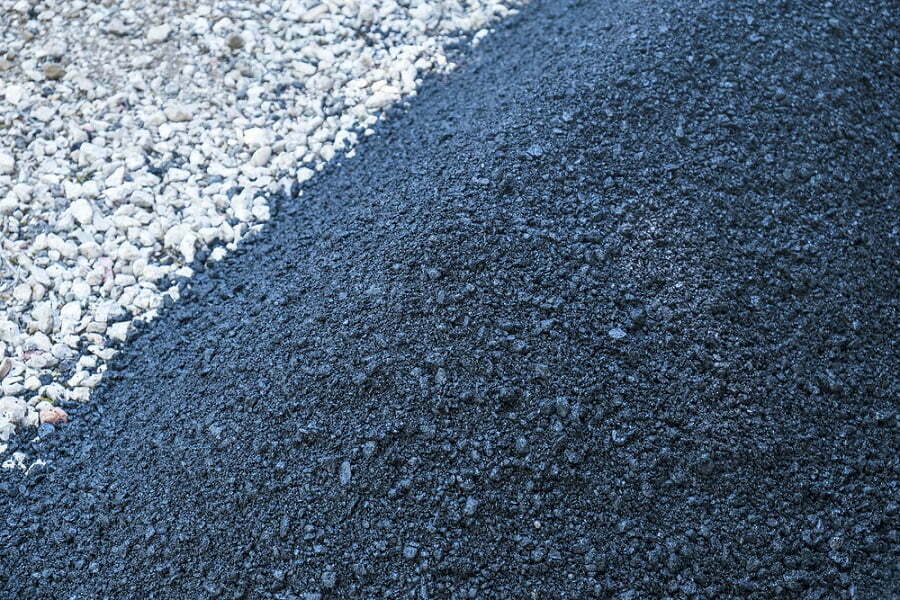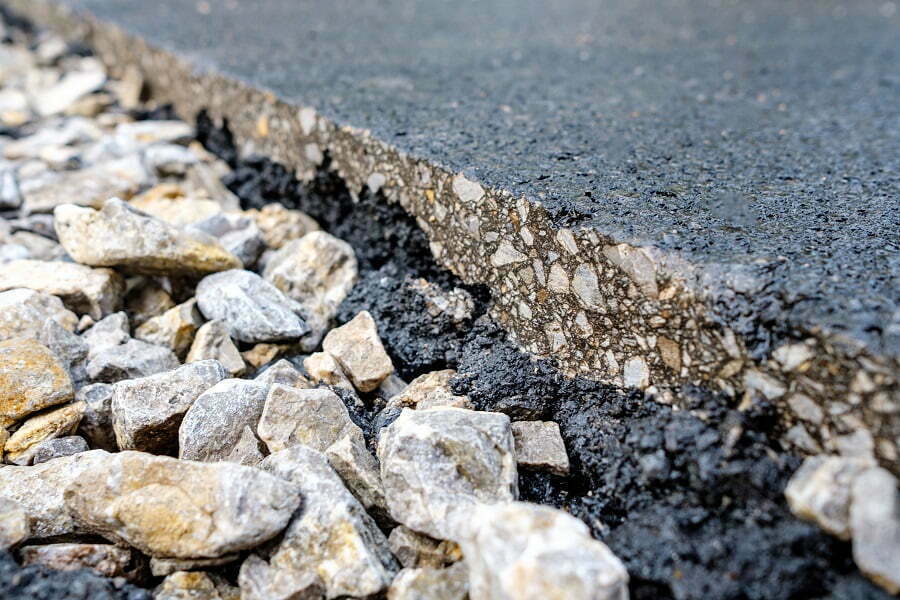Last updated on
Yes, cork is compostable, as it’s a natural, renewable, and biodegradable material that breaks down in compost under the right conditions.
Key takeaways:
- Cork is compostable under the right conditions.
- Prepare cork for composting by shredding or chopping it.
- Composting conditions affect how long it takes cork to decompose.
- Synthetic wine corks are not compostable and should be separated.
- Disposal options for wine corks include composting, recycling, and creative reuse.
Why Cork Is Special
Cork stands out in the world of natural materials due to its unique properties.
Harvested from the bark of cork oak trees, it’s a renewable resource that doesn’t harm the tree during extraction.
Its cellular structure is akin to a honeycomb, making it lightweight yet sturdy.
This composition also provides cork with the ability to float, insulate, and absorb sound.
Notably, it is biodegradable, which sets the stage for its eco-friendly credentials.
Cork’s resilience to moisture and mold adds to its allure, ensuring products like wine stoppers can fulfill their role effectively while remaining environmentally considerate.
Preparing Wine Corks for Composting
To ensure efficient composting, cork must be prepared properly. Corks are naturally dense and might take a long time to break down. Here are some helpful points to prep your corks for the compost pile:
- Shred or chop the corks into smaller pieces to increase the surface area, accelerating the decomposition process.
- Balance your compost pile by adding equal parts green (nitrogen-rich) and brown (carbon-rich) materials – cork falls into the brown category.
- Moisture is necessary for composting, so make sure your pile isn’t too dry. However, corks should not be soaked excessively before adding them in, as they could mold.
- Regularly turn the compost pile to aerate it, ensuring even decomposition of all materials, including your cork.
- Consider using a compost activator or adding earthworms to speed up the process, as they help break down organic matter more efficiently.
Implementing these simple steps can help make cork composting a smooth and eco-friendly practice.
How Long Do Wine Corks Take to Compost?
The decomposition rate for wine corks in a compost pile can be somewhat variable, depending largely on several key factors. Assuming a natural cork and not a synthetic variety, the breakdown process can take anywhere from six months to a couple of years.
- Cork structure: Cork is made up of suberin, a complex, waxy substance, making it both waterproof and slowly degradable.
- Surface Area: Smaller pieces of cork have more surface area relative to their volume and break down faster. Crumbling or cutting corks into smaller bits can hasten the composting process.
- Composting conditions: Warmth, moisture, and aerobic conditions facilitate microbial activity, so composting during warmer months or in actively managed heaps can speed up the decomposition of cork.
- Microbial action: Cork’s decomposition requires particular types of fungi and bacteria. In rich, diversified compost, these organisms are more likely to be present and active, contributing to a faster breakdown.
In conclusion, the natural breakdown of cork is a slow process compared to other organic materials like fruits and vegetables, but it can be accelerated through proper preparation and maintenance of the compost pile.
Can Synthetic Wine Corks Be Composted?
Synthetic wine corks, typically made from plastic compounds such as polyethylene, do not break down in a compost bin like natural cork. These artificial materials are not biodegradable, meaning they don’t decompose into nutrient-rich soil conducive to plant growth. Instead, they can take hundreds of years to degrade, releasing microplastics into the environment in the process.
Moreover, introducing synthetic corks into compost could contaminate the pile, making the resulting compost less suitable for organic gardening. Therefore, it is crucial to separate synthetic corks from your compost heap. However, some recycling programs may accept synthetic corks, as they can be recycled into new plastic products. Always check with your local waste management services to see if they offer this option. Remember, reducing the use of synthetic products by choosing alternatives like natural cork or metal screw caps can significantly lower your environmental footprint.
Disposal Options for Wine Corks
Once you’ve discerned whether your wine corks are natural or synthetic, you can choose the best disposal option:
1. Composting Natural Corks: If you’ve verified that your corks are pure cork, they can be added to your compost bin in small quantities. Ensure they are broken into smaller pieces to speed the decomposition process.
2. Recycle Through Programs: Several recycling programs accept natural cork for repurposing into flooring, insulation, and other products. Check for local drop-off points or mail-in programs.
3. Creative Reuse: Unleash your creativity by reusing corks for DIY projects like coasters, plant markers, or decorative bulletin boards.
4. Specialized Cork Recycling: Some wineries and wine shops offer cork recycling initiatives where they’ll take back used corks, ensuring they are properly processed or repurposed.
5. Avoid the Landfill: It’s best to avoid throwing corks straight into the trash if possible, particularly synthetic ones, as they do not biodegrade and can contribute to landfill volume.
Remember, responsible disposal ensures that wine corks won’t just end their life cycle in a landfill but will instead be part of new, sustainable life cycles.
FAQ
Can I put corks in the compost?
Yes, corks can be composted at home or chopped into small pieces to serve as a mulch for plants.
Is cork recyclable or compostable?
Yes, cork is both recyclable and compostable, but while synthetic corks and screwcaps can be placed directly in recycling bins, natural corks require specialized recycling or can be added to compost.
How long does cork take to decompose?
Cork, a fully recyclable and non-toxic material, generally takes between 3 to 10 years to fully biodegrade.
Is cork eco friendly?
Indeed, cork is an eco-friendly material owing to its completely natural, sustainable, and 100% recyclable properties, which make it one of the most environmentally friendly options available.
What happens to cork in landfill?
Cork in landfill does not easily decompose and can last up to a century, exacerbating waste accumulation and environmental issues.
What is the process for recycling cork?
The process for recycling cork involves collecting used cork, grinding it into small particles, combining it with a binder, and then molding and heat-treating it to create new cork products.
Are there any creative uses for repurposing used cork at home?
Used cork can be creatively repurposed at home as pinboards, plant markers, bath mats, and even decorative wall art.
Table of Contents

